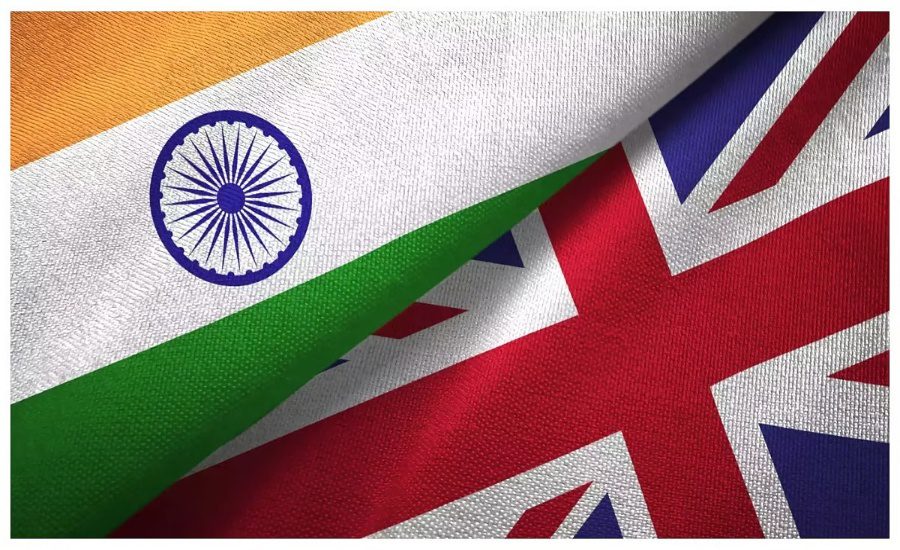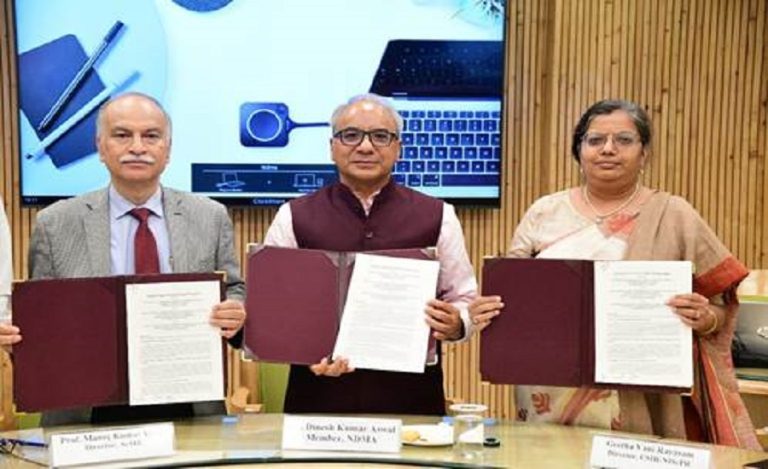In a landmark development, India and the United Kingdom have finalized a Free Trade Agreement (FTA) that is being hailed as Britain’s most significant trade deal since its exit from the European Union in 2020. The deal is projected to add £4.8 billion annually to the UK economy by 2040, contributing an estimated 0.1% to its GDP.
The FTA delivers major trade benefits for both nations. According to India’s Ministry of Commerce, 99% of Indian exports—particularly labour-intensive goods like textiles and footwear—will benefit from zero-duty access to UK markets. In return, the UK will enjoy tariff reductions on 90% of its tariff lines, significantly enhancing its trade competitiveness in India.
Among the notable provisions, India will reduce whisky import duties from 150% to 75%, eventually lowering them to 40% over the next 10 years. Automotive tariffs—currently over 100%—will be reduced to 10% under a quota system, easing access for British carmakers.
The agreement also includes progressive measures on services, public procurement, and business mobility, enabling British firms to bid for more government contracts in India and easing travel for professionals through streamlined visa processes.
A key feature is the three-year waiver on social security contributions for Indian professionals temporarily posted in the UK, a move expected to reduce costs for Indian service providers and their employers under the Double Contribution Convention.
The deal was finalized following a renewed diplomatic push, including a high-level meeting between Prime Minister Narendra Modi and UK Prime Minister Keir Starmer at the G20 Summit in Rio de Janeiro in November 2024. PM Modi described the agreement as “ambitious and mutually beneficial,” while PM Starmer called it the beginning of a “new era for trade” that will break down longstanding barriers.
The FTA sets the stage for deeper economic integration, increased market access, and a significant leap forward in India-UK strategic cooperation.




























